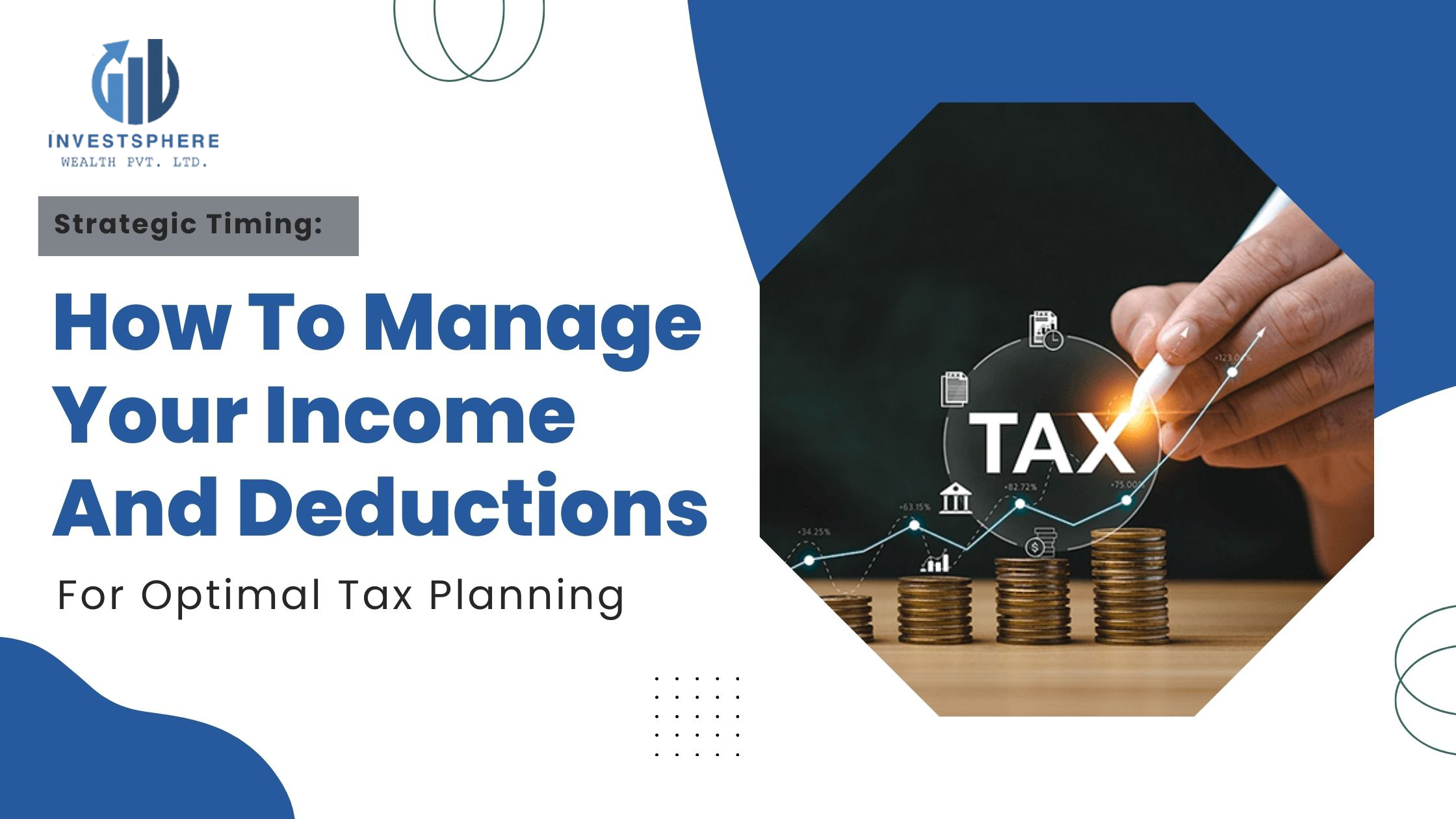An education loan, also known as a student loan, is a type of financial assistance provided by banks, financial institutions, or government agencies to individuals to finance their education-related expenses, such as tuition fees, books, accommodation, and living expenses. It enables students or their parents to borrow money to cover the cost of education and repay it over time, typically after completing their education or securing employment.
How does education loan works?
1. Application:
Students or their parents apply for an education loan by submitting an application to the lender, providing details such as the course of study, educational institution, estimated expenses, and financial information.
2. Approval:
The lender evaluates the application based on factors such as the applicant's creditworthiness, academic performance, the reputation of the educational institution, and the potential for future earnings. If approved, the lender offers a loan amount, interest rate, and repayment terms.
3. Disbursement:
Upon acceptance of the loan offer and completion of necessary documentation, the lender disburses the loan amount directly to the educational institution or to the borrower's bank account. Funds can be used to pay for tuition fees, books, accommodation, and other educational expenses.
4. Repayment:
Borrowers are required to repay the loan amount along with accrued interest after a specified grace period, which may vary by lender and loan agreement. Repayment typically begins after completing the course of study or securing employment, although some lenders offer flexible repayment options, such as interest-only payments or deferred repayment until graduation.
5. Interest:
Education loans accrue interest on the outstanding loan amount, typically calculated on a reducing balance basis. The interest rate may be fixed or variable, depending on the lender and prevailing market conditions.
6. Loan Closure:
Once the loan and accrued interest are repaid in full, the borrower has fulfilled their obligation to the lender, and the loan is considered closed. Some lenders offer incentives or discounts for early repayment or prompt repayment of the loan.
What are benefits of education loan ?
Education loans offer several benefits, including:
a. Access to Higher Education:
Education loans enable students to pursue higher education and acquire the skills and qualifications needed to advance their careers and achieve their professional goals.
b. Flexible Repayment Terms:
Lenders offer flexible repayment options, including grace periods, extended repayment terms, and income-based repayment plans, to accommodate borrowers' financial situations.
c. Lower Interest Rates:
Education loans often have lower interest rates compared to other types of loans, such as personal loans or credit cards, making them a cost-effective financing option for education-related expenses.
d. Tax Benefits:
In many countries, borrowers may be eligible for tax deductions on the interest paid on education loans, reducing their overall tax liability and making education more affordable.
Overall, education loans play a crucial role in facilitating access to higher education and empowering individuals to invest in their future by pursuing academic and career opportunities. However, borrowers should carefully consider the terms and conditions of the loan, including interest rates, repayment terms, and potential financial implications, before availing of an education loan to ensure they can manage their debt responsibly and achieve their educational and professional aspirations





